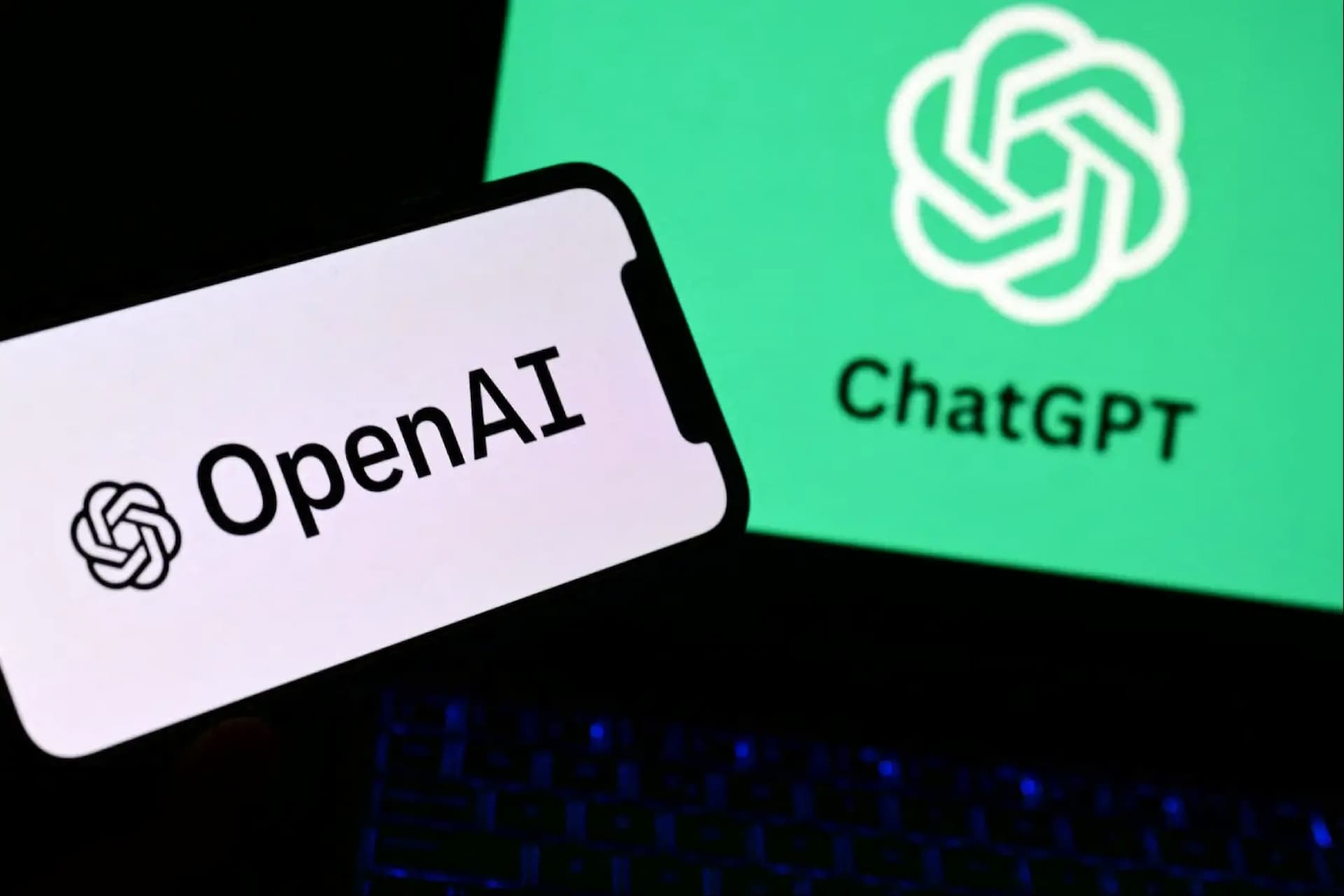Adobe has unveiled major updates to its Firefly creative AI studio, introducing advanced audio, video, and imaging tools at the Adobe MAX 2025 conference.
These new features include Generate Soundtrack for licensed music creation, Generate Speech for lifelike multilingual voiceovers, and a timeline-based video editor that integrates seamlessly with Firefly’s existing creative tools.
The company also launched the Firefly Image Model 5, which can produce photorealistic 4MP images with prompt-based editing. Firefly now includes partner models from Google, OpenAI, ElevenLabs, Topaz Labs, and others, bringing the industry’s top AI capabilities into one unified workspace.
Adobe also announced Firefly Custom Models, allowing users to train AI models to match their personal creative style.
In a preview of future developments, Adobe showcased Project Moonlight, a conversational AI assistant that connects across creative apps and social channels to help creators move from concept to content in minutes.
A system that can offer tailored suggestions and automate parts of the creative process while keeping creators in complete control.
Adobe emphasised that Firefly is designed to enhance human creativity rather than replace it, offering responsible AI tools that respect intellectual property rights.
With such a release, the company continues integrating generative AI across its ecosystem to simplify production and empower creators at every stage of their workflow.
Would you like to learn more about AI, tech and digital diplomacy? If so, ask our Diplo chatbot!









